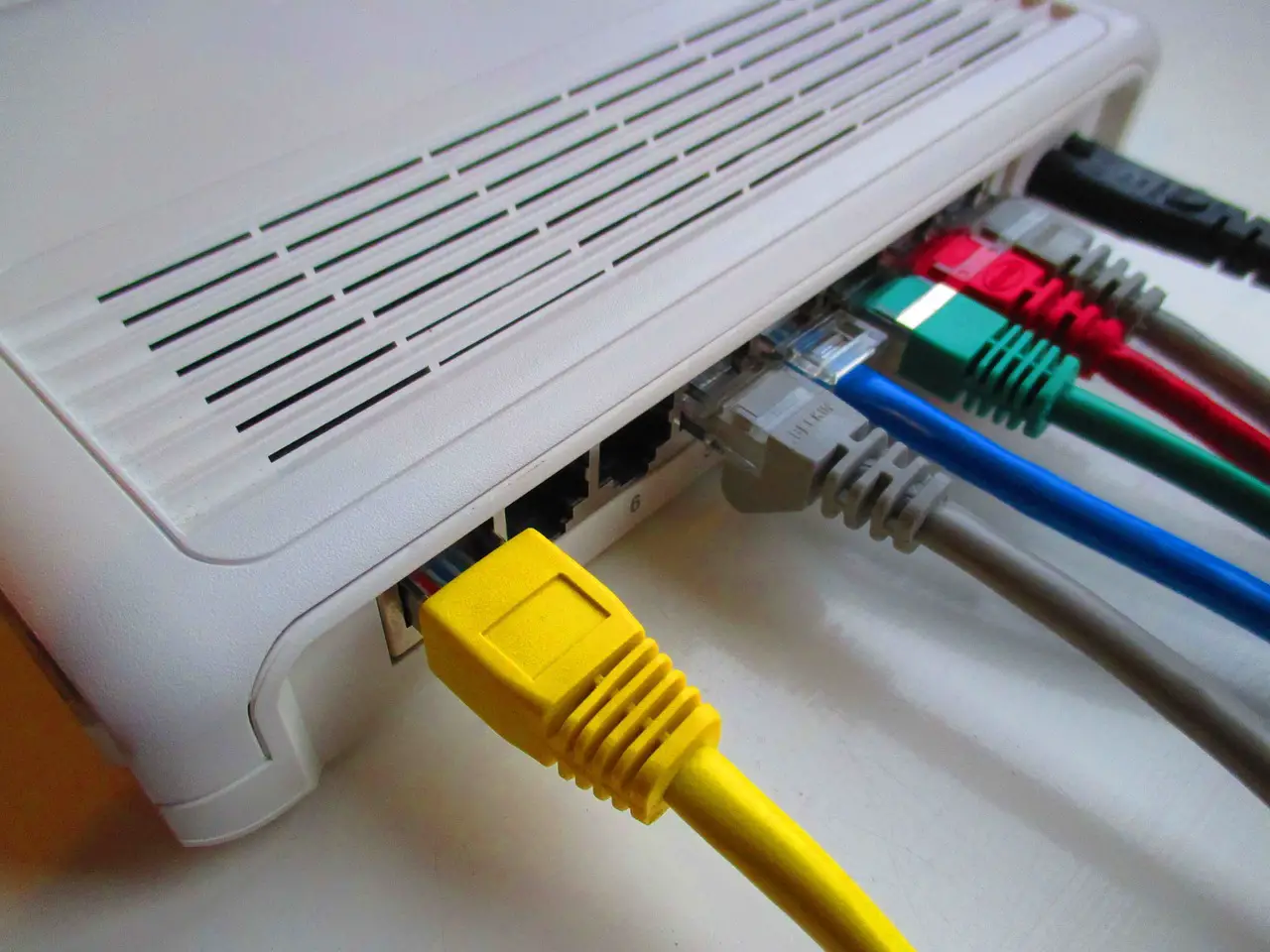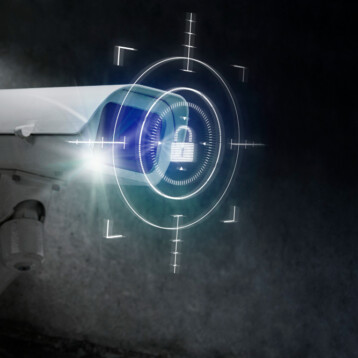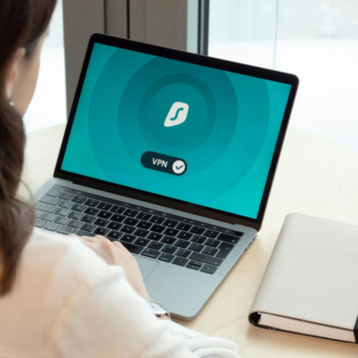
Many consumers understand that their tablets, smart phones, laptops, and desktop computers are vulnerable to hackers, but don’t realize that their home network, and all the smart home devices connected to it, are also at risk. In fact, your router and connected devices may be even more vulnerable than your smart phone, tablet, or laptop.
That’s because your router and connected devices may not get the kind of regular security patches that your Windows, Android, or iOS operating system does, and it may never have even occurred to you that these devices need to be secured. Hackers can easily find default administrative login info for smart devices, and even for your router. Once they’ve logged into your smart device or home router, they have access to all of the devices on your network – so take steps now to keep that from happening.
Set Up a Firewall
Home network security starts with a setting up a firewall, which can be part of a comprehensive antivirus suite. Firewalls keep devices on your network from having wide-open, unfettered access to the Internet – and that, in turn, can keep hackers from having access to them, too. The greater the potential for digital traffic to and from the devices on your network, the greater the risk. So limit that traffic by putting your home network(s) and devices behind a firewall.
Protect Your Router
Your router is your home wireless network’s point of entry, and just as you install a strong lock on your home’s point of entry (the front door), you should lock down your router to keep hackers out. The first thing you should do when you set up your new wireless router changes the default administrative login credentials and give your home network a new name that is unique but doesn’t identify it as yours. Think “Bill Wi the Science Fi,” or “DEA Surveillance Van,” not “1749 Sycamore Street.” Using identifying information in your network name could give hackers ammunition for social engineering attacks.
Make sure your home network uses the more secure WPA2 encryption protocol. Regularly check for and install updates to your router’s firmware, since these can contain patches for common security issues. Replace your router every couple of years to avoid problems with legacy firmware.
Set Up a Guest Network
Your guests may not have any ill intentions when they sign on to your home network with their devices. Friends and family probably just want to browse Reddit or Facebook without using their phone data. But you don’t know where their devices have been, what malware they may be infected with, or what security suite they’re using. Each time a guest signs on to your network with an unfamiliar device, they’re creating a point of vulnerability.
Rather than withholding your network information from family and friends, create a separate guest network just for them. That way, if hackers access it, they still haven’t gained access to your personal information.
Segregate Your Smart Devices
Internet of Things (IoT) devices are exploding in popularity as security cameras, video game consoles, refrigerators, robot vacuums, light bulbs, and more are gaining the capacity to connect to the Internet and each other. But these devices don’t come with the robust security features that tablets, laptops, and smart phones do. They have just about enough computing power to connect with the Internet and each other, and often they come with glaring security flaws right out of the box.
To protect your home network and your personal information, put your laptop, desktop, smart phone, tablet, Kindle Fire, and other devices that contain personal and banking information on one encrypted wireless network, and your smart home devices on another. Hackers can exploit security flaws in IoT devices to access your network, but that won’t do them any good if you’re not sending and receiving anything valuable over that network.
Change Your Passwords Regularly
Change your home wireless network, the administrative password for your router, and even the passwords for your smart home devices regularly. Use strong passwords and keep them organized in a password manager. Changing your passwords regularly helps foil hackers if they do get your login credentials.
Your home network may be more vulnerable to cyber-attacks than you think, but you don’t have to sit helplessly while hackers steal your personal information. Protect yourself and your devices, and keep cyber criminals at bay.










